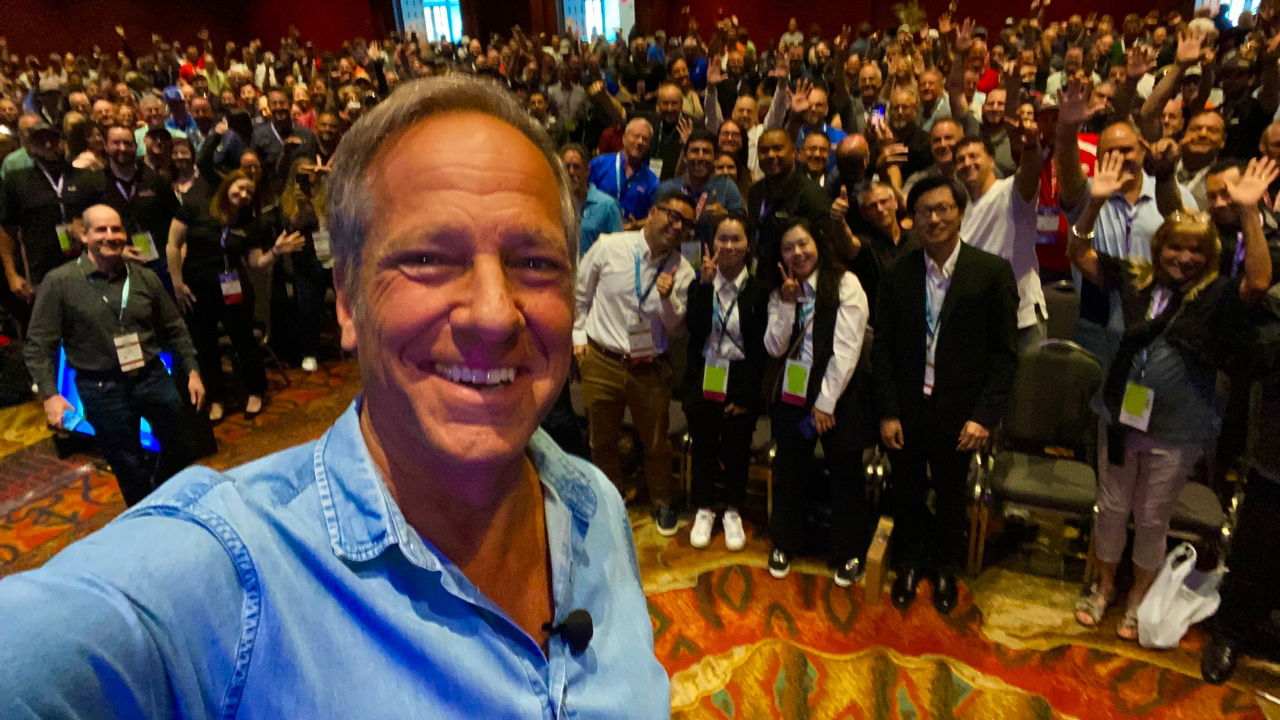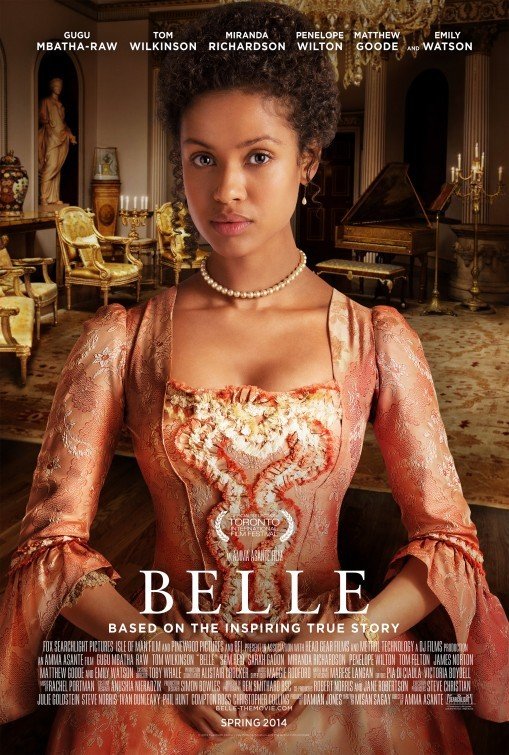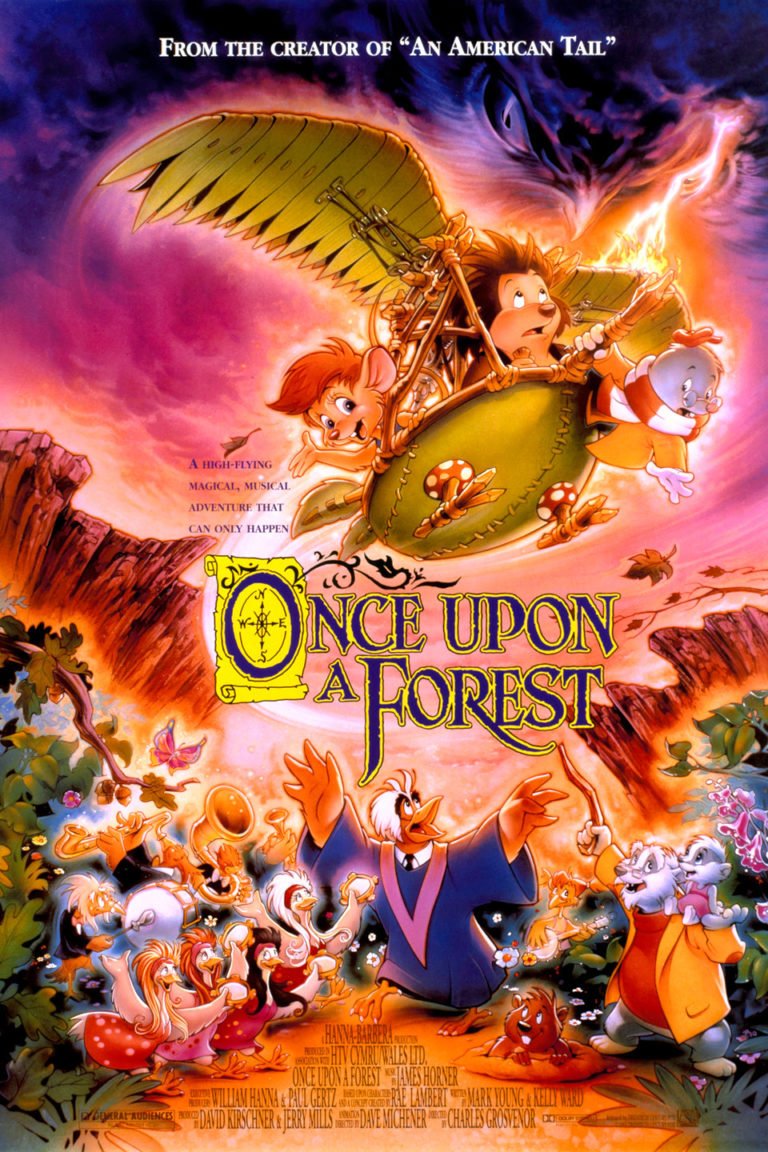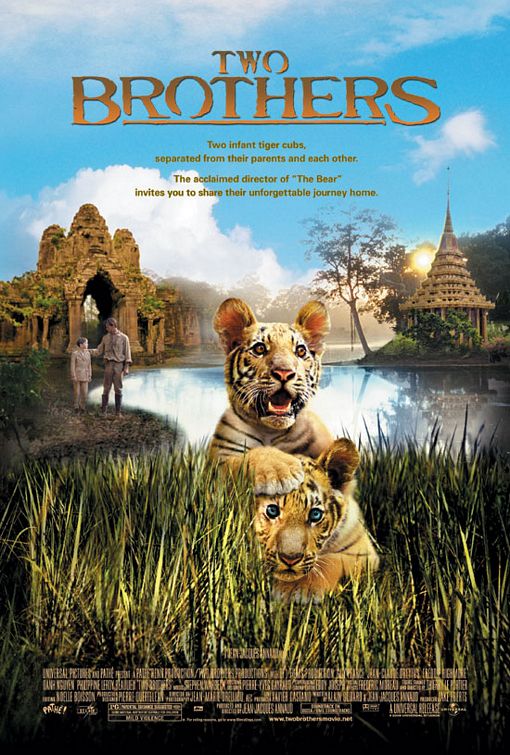
Mike Rowe, Blue-Collar Work Should Be Appreciated by More Americans
By Movieguide® Contributor
Mike Rowe recently talked about alternatives to a four-year degree as tuition prices continue to skyrocket and fears of a recession loom.
“Here we sit, we’ve got eleven-and-a-half million open jobs, most of which don’t require a four-year degree. We’ve got $1.7 trillion of student loans outstanding that we’re being asked to pick up the slack for and we’ve got a generation of kids who are simply not trained for the opportunity that exist,” Rowe said.
“At my little foundation, mikeroweWORKS, for the last fifteen years we’re been talking about this. And I’m telling you, I’ve never seen the headlines catch up to us as the way they are right now. The word has gotten out and people are really taking a hard look at learning a skill that’s in demand,” he continued.
Rowe believes that the current generation of teens and young adults has been taught to only value jobs that require a college education. They don’t see vocational school or trade school as viable careers paths and the jobs that these programs lead to are seeing the largest numbers of employment opportunities.
Rowe points out that the most expensive path is the one that is sold to everyone as they grow up, something that he is working hard to change. The mikeroweWORKS foundation was started in 2008 as a resource to support those that are seeking careers outside of the traditional college path.
“Our scholarship program is based on work ethic,” he said. “We just finished this program, we gave away a million bucks, we’re gonna do it again in six months. But we do it in a really specific way. These aren’t scholarships for people who want to go get a four-year degree. They are scholarships for people who want to learn a skill that’s in demand. We’ve helped about 1,700 kids so far,” Rowe said.
Movieguide® previously reported on Rowe’s support of blue-collar jobs:
Mike Rowe blasts how expensive college has gotten, and wants Americans to see value in trade and vocational schools.
“[College is] more expensive than it’s ever been, but it’s also more expensive than health care. It’s more expensive than real estate. It’s more expensive than energy,” Rowe said. “Never in the history of Western civilization has a thing become more exponentially expansive faster than the cost of a four-year degree. That’s fact. If that doesn’t make you angry, then I don’t know what [will]. It’s bananas.”
As the cost of four-year universities continues to rise, Rowe believes that college is no longer worth the price.
According to a report from Georgetown University’s Center on Education and the Workforce, the cost of college and university programs have surged 169% since 1980. Meanwhile, the cost of vocational schools and trade programs have remained a fraction of the cost, despite both routes leading to jobs with comparable salaries.
“We’ve told an entire generation that the best path for most people is the most expensive path,” Rowe said. “And we’ve also promoted college not on its merits, but at the expense of every other kind of degree of any kind of certification training.”
To support young people pursuing career paths outside of a college degree, Rowe founded the mikeroweWORKS Foundation. This foundation awarded $1 million in work ethic scholarships during the month of March alone.
“My foundation focuses on the millions of jobs that are available that don’t require a four-year degree. We offer a couple million bucks a year in work ethic scholarships. We’re doing it right now,” Rowe said.
Rowe believes that the labor shortages that have been ravaging the country over the past year or two was caused by the push to have everybody go to college. After receiving a degree, many people view themselves as above blue-collar jobs.
While Rowe believes that not everyone should attend a four-year university, he is quick to point out that he is not anti-education.
“I know it’s going to come back over the net at me when I say that, it’s going to be, ‘Oh, he’s anti-college, he’s anti-education.’ I’m not. I’m simply saying that after decades of telling generations of kids, the best path for the most people is the most expensive path, we’ve created this problem that we have right now. I think the ship is starting to turn.”
Questions or comments? Please write to us here.


 - Content:
- Content: 

